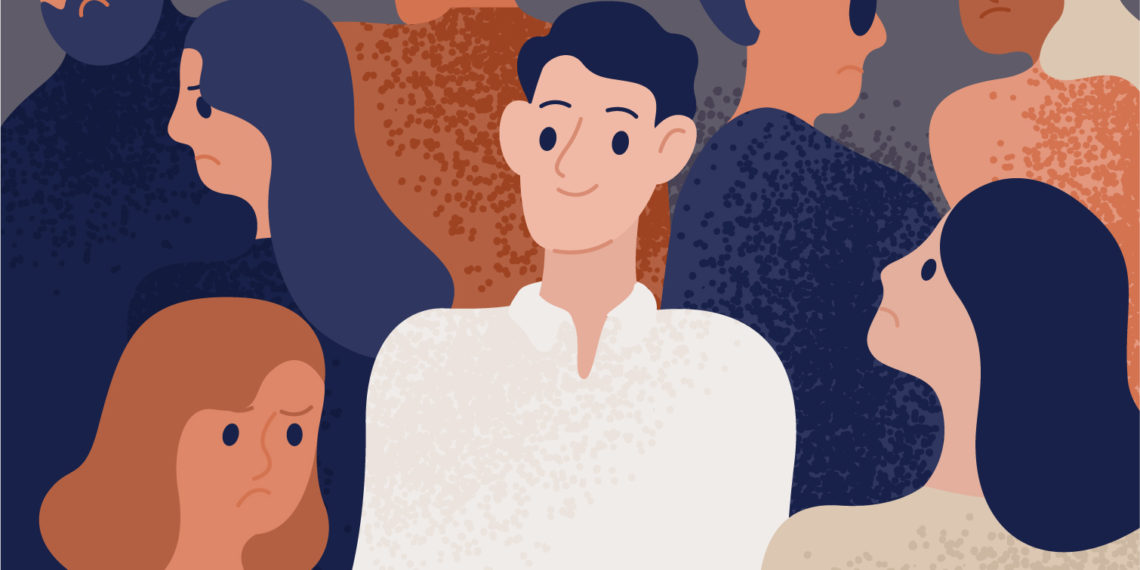Which friend do you want to spend time with—a happy friend who performs better than you or an unhappy friend who performs worse than you? The present research demonstrates that in such conflicting situations, when the desires for companionship and comparison are pitted against each other, one’s level of happiness plays an important role in one’s choice. Using hypothetical scenarios, we found that compared with unhappy people, happy people expected that spending time with a happy, superior friend would be more pleasant than spending time with an unhappy, inferior friend (Studies 1B through 2) and were more willing to socialize with a happy, superior friend than with an unhappy, inferior friend (Studies 1B through 2). Moreover, this pattern was not explained by self-esteem (Study 2) or the similarity-attraction hypothesis (Study 3). The present findings suggest that happy people place more value on companionship than on comparison.




![[연구참여자 모집/사례 지급] 자유연상 패턴과 심리적 속성 간의 관계 탐색](https://happyfinder.co.kr/wp-content/uploads/2024/05/워드프레스_연구참여자모집-360x180.png)










![[연구참여자 모집/사례 지급] 자유연상 패턴과 심리적 속성 간의 관계 탐색](https://happyfinder.co.kr/wp-content/uploads/2024/05/워드프레스_연구참여자모집-350x250.png)


